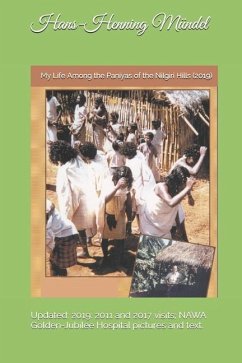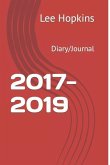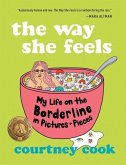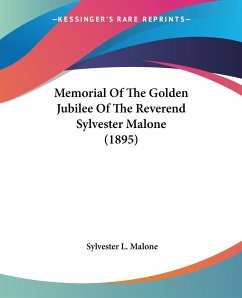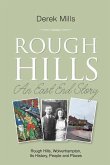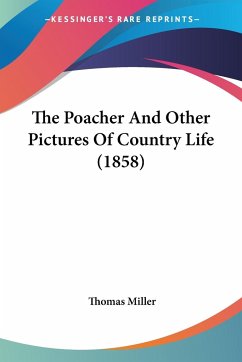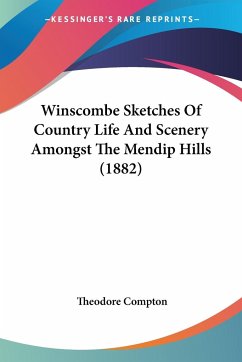Hans-Henning Mündel, as 24-year old graduate in Agriculture (MS), went to India as a volunteer from Canada with CUSO. From 1966 to 1967 he was the first Farm Manger for the Nilgiris Adivasi Welfare Association's settlement scheme for 25 families of the Paniya hill tribe. Agriculture was just one of the areas Henning found himself involved in, others being various areas of social welfare, schooling (none of this community was literate or numerate), treating the sick, and all the while living in quite modest circumstances himself. Over the following decades, all members of Henning's growing family were able to visit the Paniyas. After Henning's retirement as agricultural scientist in 2007, he was able to raise the required funds to have a modest hospital built for the Paniyas and other tribals in that area. Major contributions came from his home Rotary Club of Lethbridge East [RCLE] and other Rotary Clubs in his District, plus from family and friends. At the same time, in partnership with the Rotary Club of Coimbatore-Manchester and a Rotary Matching Grant, RCLE raised funds to outfit the hospital; and obtained a donation from the Rotary Club in Whyalla, Australia for solar water heaters for the hospital. In 2011 with his wife, Bev, and 2017, with their son, Martin, Henning was able to visit the Paniyas and the NAWA Golden Jubilee Tribal Hospital (Paniya Farm) and during the last trip he met 9 of the original 21 school children, plus their families, with grandchildren regularly attending school and some even university.

